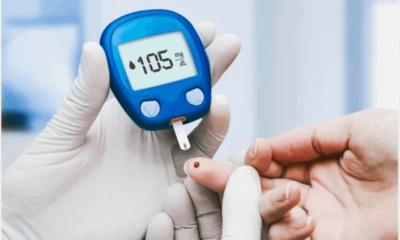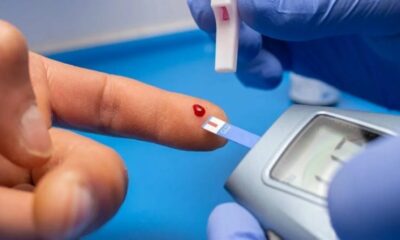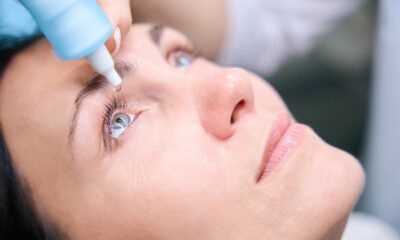Running therapy has emerged as a promising non-pharmacological treatment option for mental health conditions, including anxiety and depression, according to a recent wave of study. This fascinating discovery offers a fresh viewpoint on therapies for mental health by suggesting that the act of jogging itself may be just as beneficial as antidepressant drugs.
Exercise’s Significance for Mental Health
Improved mental health has long been linked to physical activity. The psychological advantages of physical activity encompass the release of endorphins, which are commonly known as “feel-good” hormones, and the enhancement of overall well-being. But by including running as a physical exercise into a therapeutic setting, running therapy expands on this idea. This method immediately addresses mental health issues in addition to improving physical health.
Recognizing Depression and Its Effects
Millions of people worldwide suffer from depression, which has symptoms that range from crippling manifestations like memory loss to chronic sorrow and loss of interest in once-enjoyed activities. Memory issues may be exacerbated by Major Depressive Disorder (MDD), which can alter the hippocampus and other brain regions. These cognitive problems can have a major effect on relationships, productivity at work, day-to-day functioning, and general quality of life.
Depression Treatments Available Today
Antidepressant medicines are currently the mainstay therapies for depression, psychotherapy, or social interventions in treating melancholic depression, a severe form of major depressive disorder. These medications, however, might not be effective for everyone and might have unfavorable side effects. Therefore, the hunt for substitute therapies is still going strong.
Using Antidepressants vs. Running Therapy
The results of the study imply that running therapy might offer relief on par with prescription antidepressants. This discovery has the potential to completely change how treatments are currently provided, particularly for people who prefer non-pharmacological interventions or cannot handle the negative effects of medicine. Nevertheless, more investigation and clinical trials are required to completely grasp the extent of running therapy’s potential advantages and the most effective ways to incorporate it into current treatment regimens.
Complementary Mental Health Therapies
Running therapy has potential, but it shouldn’t be seen as a stand-alone treatment for depression. To run therapy, other non-pharmacological treatments can be included. For instance, studies on the effects of mindfulness therapy on mental health scores for stress, anxiety, depression, and sleep quality have been encouraging. Furthermore, natural substances with antidepressant properties, such as saffron, have demonstrated promise.
In summary
One new and exciting development in the realm of mental health treatment is running therapy. For people looking for alternatives to pharmaceutical treatment, the idea of using physical exercise like running to alleviate depression and anxiety gives some hope. The potential advantages of running therapy are undoubtedly worth investigating, even though further research is necessary, for both mental health patients and healthcare professionals.

 Diabetology2 weeks ago
Diabetology2 weeks ago
 Diabetology5 days ago
Diabetology5 days ago
 Diabetology1 day ago
Diabetology1 day ago
 Diabetology1 day ago
Diabetology1 day ago















